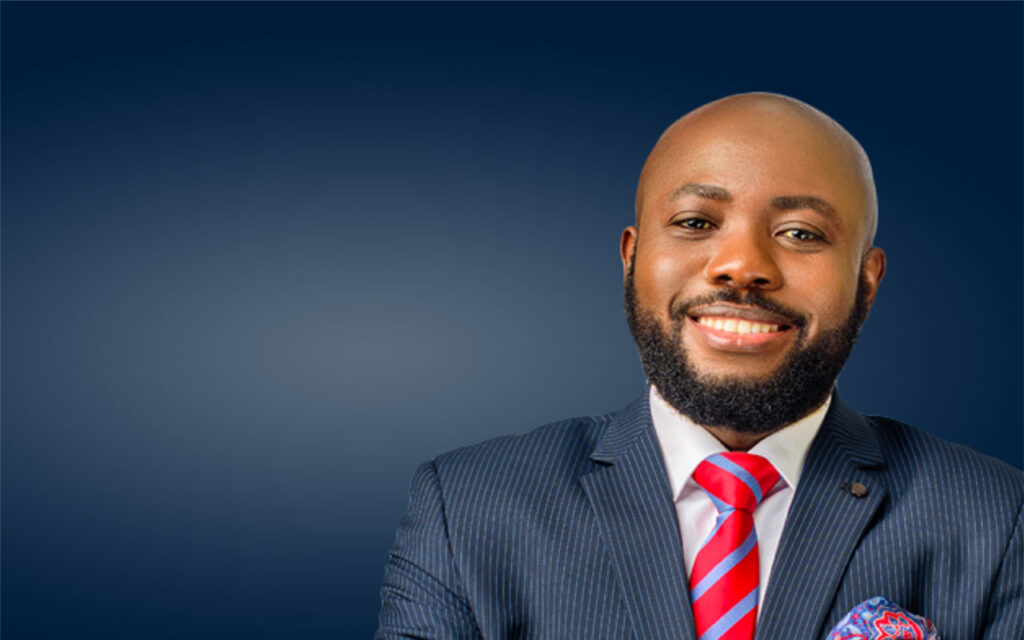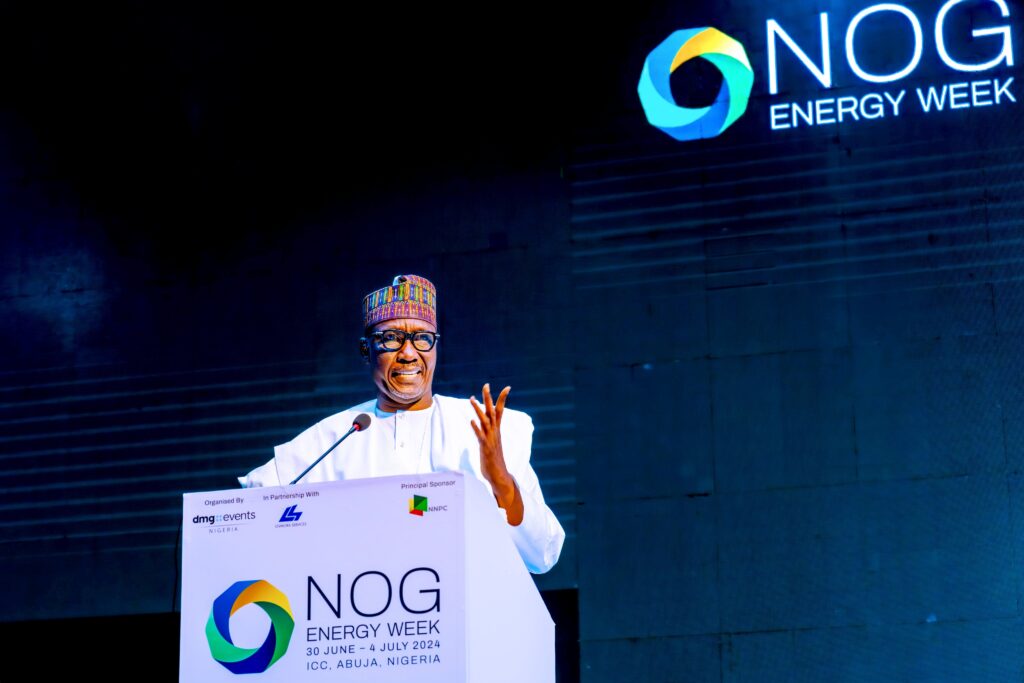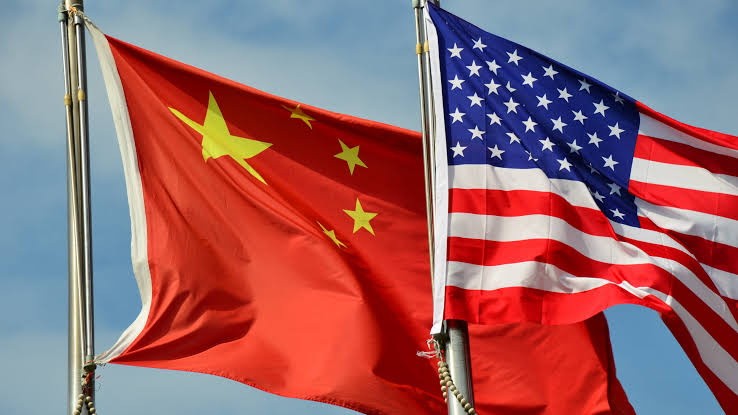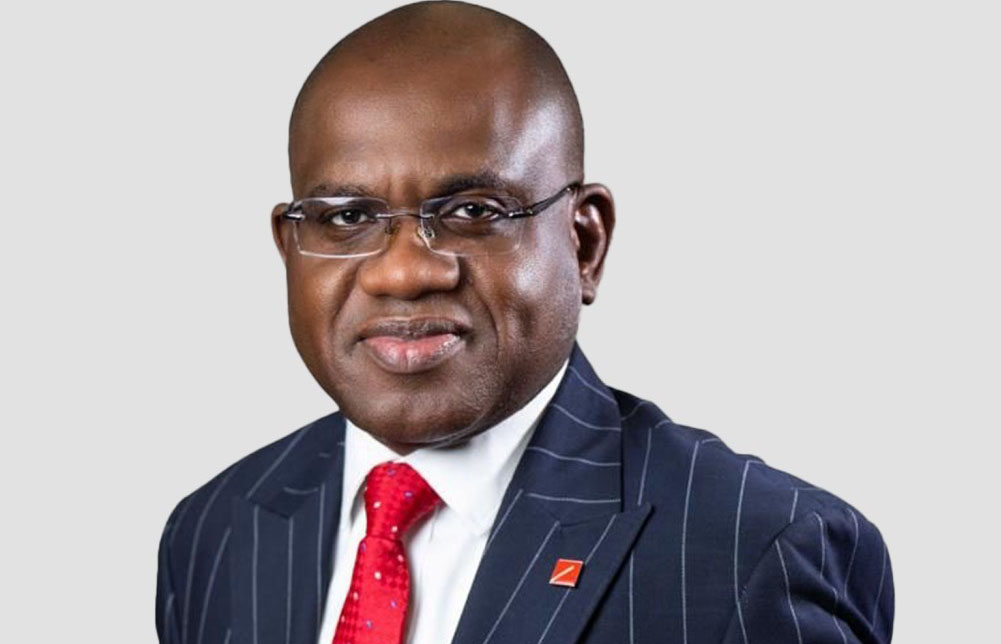
As we prepare to host leaders for Dr. Abiola Salami International Leadership Bootcamp in Mombasa, Kenya in June 2024, we consider it important to discuss Emotional and Mental Health (EMH) in leadership this month of May. We started the month by discussing 10 Warning Signs A Leader’s Emotional & Mental Health Might Be At Great Risk. Today, we continue the discussion with 10 Excuses Top Executives Give About Their Emotional & Mental Health.
Business executives are typically at the top of their mountains when it comes to leading their organizations in the marketplace. In the corporate world, success is mostly measured in quantitative terms and not so much in qualitative terms. This means that based on the traditional definition of success, a business executive who is dysfunctional in his or her personal life can be considered a maverick if the numbers on the books are looking good.
This thinking and culture make it difficult for conversations on emotional and mental health to become mainstream because a lot of organizations haven’t yet drawn a straight line between emotional and mental health of their executives and the bottom-line. Thankfully, more progressive organizations are championing the cause of emotional and mental health awareness even though a lot of such campaigns are quite performative. Here are 10 rhetoric from executives used as excuses for not paying attention to their emotional and mental health.
Excuse #1 – I Don’t Need Therapy
This must be one of the oldest excuses in the bag; executive often assess themselves solely by their successes in the professional space, not the challenges in their personal lives. Culturally, therapy in the African context, has a connotation of being a solution for weak people – it’s even worse for men because it directly attacks their ego and sense of control. To be in therapy for most executives is to be vulnerable and they would rather climb Mount Everest than sit down for such sessions. These executives assume that a high intelligence quotient compensates for everything and because they are usually at the highest echelons of power, ‘submitting’ to the authority of someone who is most likely below their paygrade can be a difficult thing to do. Usually, it takes a dismal professional failure for such executives to come to terms with their need for therapy. Truth is that some highly celebrated executives are failures in waiting but this can be avoided with therapy.
Excuse #2 – I Am Not Mad!
Again, another reason many top executives don’t prioritize finding help for their emotional and mental health challenges is the thinking that it’s a panacea for mad people. Their refusal to manage their emotional and mental health challenges isn’t from a place of ignorance or arrogance but of shame; they don’t want to be identified, associated, or categorized as one of those people who have something wrong with their heads. This response to a social trope speaks to the need for acceptance and conformity; the top executives don’t want to be labelled as different – groupthink sentiments can be so powerful regardless of a person’s level of education and exposure. It would demand a lot of re-orientation and awareness of what emotional and mental health is all about so that the stigma and shame attached to it would be drastically reduced.
Excuse #3 – Therapy Is Too Expensive
Although it must be said that while seeking professional help for emotional and mental health could be somewhat pricey, it’s usually a small price to pay when viewed in the larger picture of overall costs and benefits. In economics, expensive is a relative term – if a product or service offers more utility than the monetary value that it costs to purchase it, it’s a rational choice. At the core of personal productivity is a sound mind and thought-process, if that is compromised – then nothing of significance can be created by any top executive. So, to dismiss emotional and mental health issues over monetary costs which is ultimately inconsequential compared to the possibility of a ruinous professional career, is at best, insincere. Top executives who are quick to budget huge amounts for trivialities shouldn’t honestly say that investing for professional services about something as important as their emotional and mental health is expensive.
Excuse #4 – I Am Too Busy For Therapy
This excuse sounds a bit too familiar. Here such top executives agree that seeking professional help for their emotional and mental health challenges is great but somehow, they just don’t have the time for therapy. The image of therapy many such leaders have is talking for hours and hours to long-winded counsellor who would bore them to death with irrelevant conversations. Nothing could be further from the truth; executive coaches, counsellors, consultants, and therapists are well-aware of the hectic schedules of these top leaders – hence many of them have developed flexible models that include virtual sessions, self-assessments, and preferred hours to make service much more accommodating for the client’s schedule and preferences. This excuse opens another dysfunction for such top executives – a lack of effective time management.
Growth Opportunities
To further position your leaders for peak performance, you can download a free copy of the latest edition of The Peak Performer Magazine You can also enrol your Mid-level Leadership Team for the Made4More Accelerator Program and your Senior Leadership Team for the Dr. Abiola Salami International Leadership Bootcamp MOMBASA 2024 We also have an upcoming training for leaders in public service.
About Dr. Abiola Salami
Dr. Abiola Salami is the Convener of Dr Abiola Salami International Leadership Bootcamp and The Peak PerformerTM. He is the Principal Performance Strategist at CHAMP – a full scale professional services firm trusted by high performing business leaders for providing Executive Coaching, Workforce Development & Advisory Services to improve performance. You can reach his team on hello@abiolachamp.com and connect with him @abiolachamp on all social media platforms.












